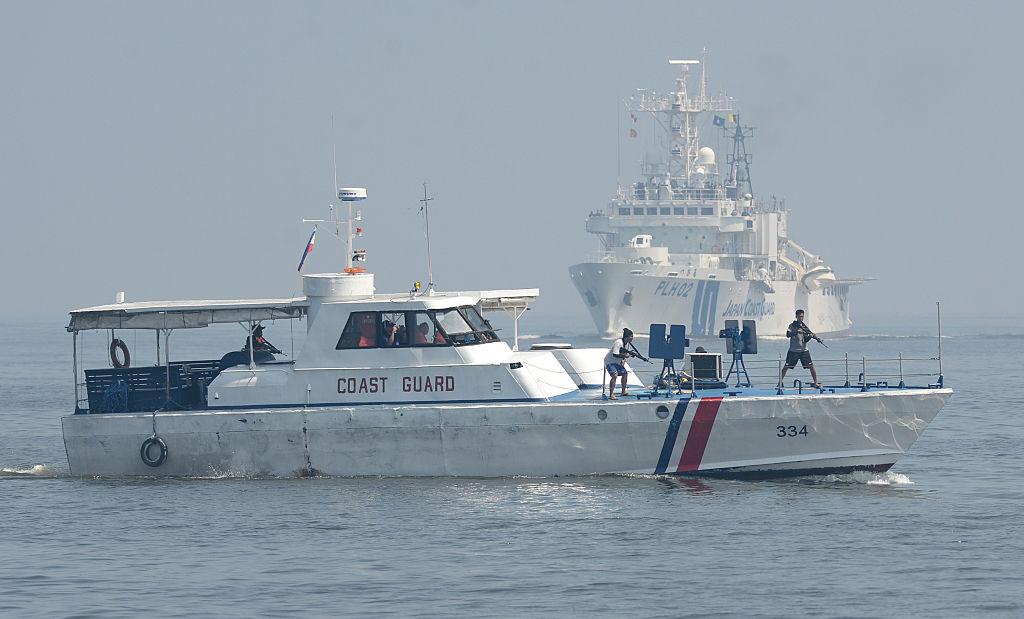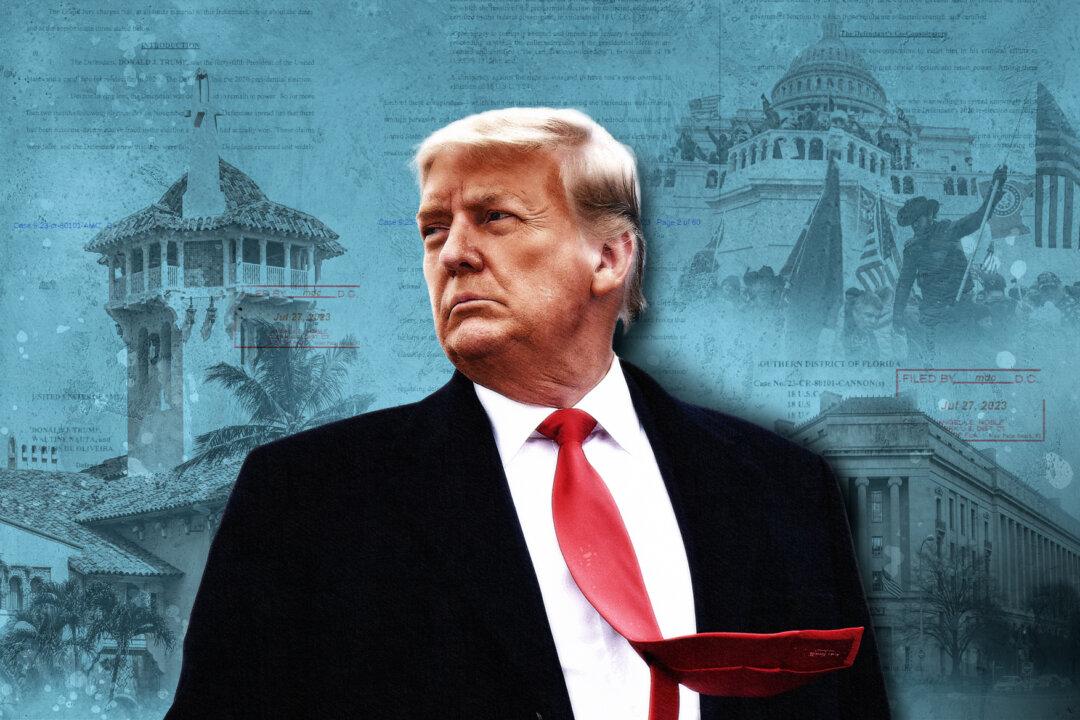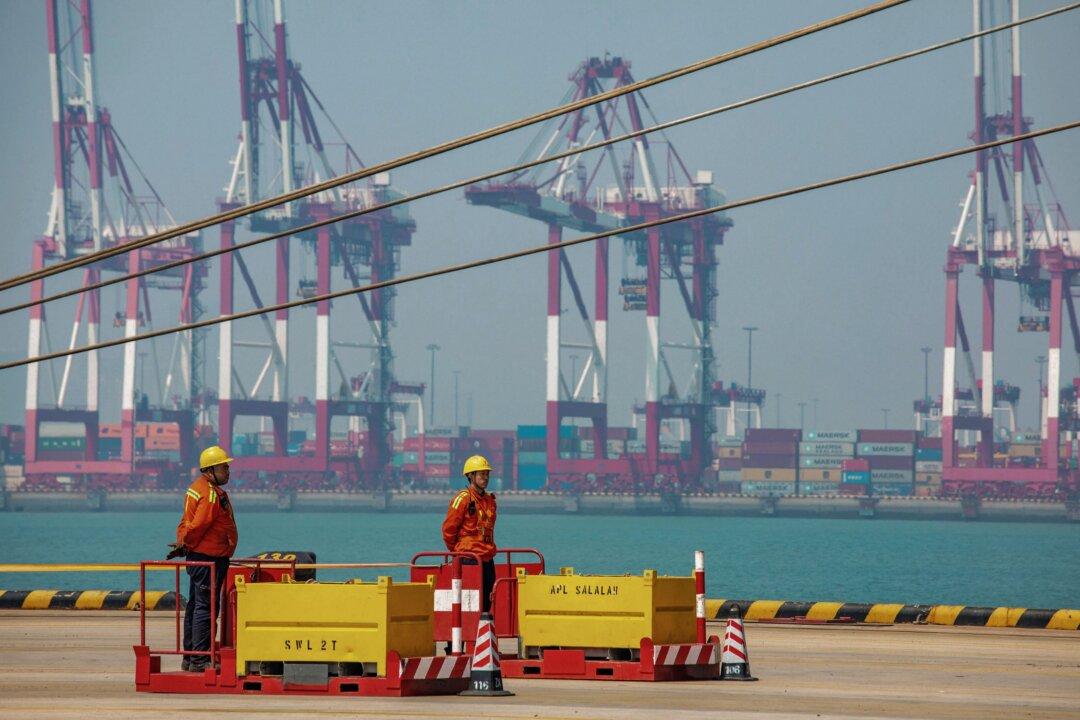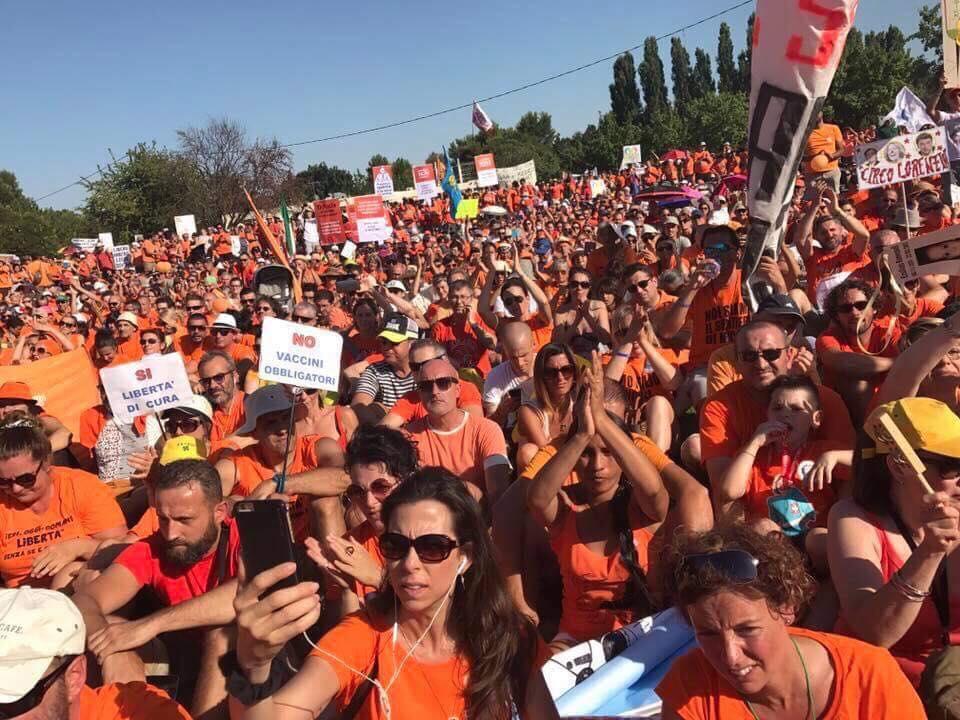Except for a brief spike along East Africa that gained national attention with the capture of Captain Richard Phillips—and resulting Hollywood movie—pirates remain active in the South China Sea and around the world.
The South China Sea averages about 150 piracy incidents per year but can see spikes of activity that push it up to 550. The exact numbers are hard to decipher because victims want to avoid time-consuming investigations, bad publicity, accusations of lax security, and higher insurance premiums.





